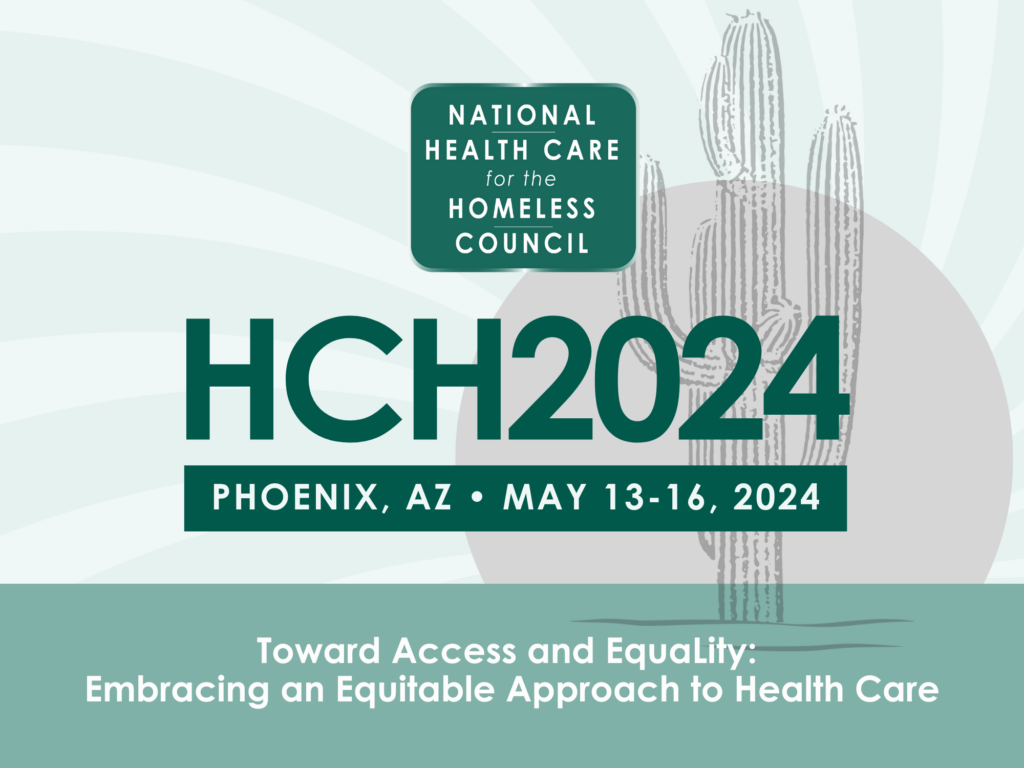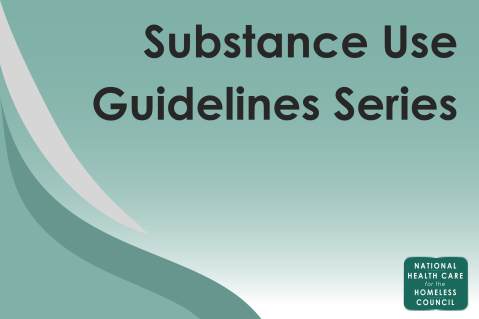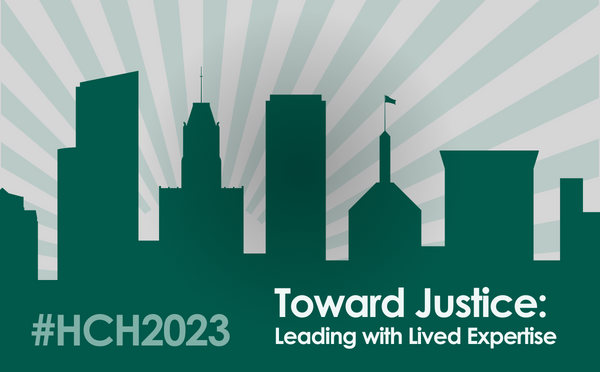First year lessons of initiating a SOAR program in a primary care and outpatient psychiatric setting
To date, Health Care for the Homeless-Houston’s SOAR program has a 66% approval for clients receiving SSI/SSDI benefits. This has allowed for growth of the program and developing the current program that has helped many clients not only with SSI/SSDI benefits but also with housing, attaining food and social/emotional support. Speakers: Norma S Tejada-Foster, RN, […]






